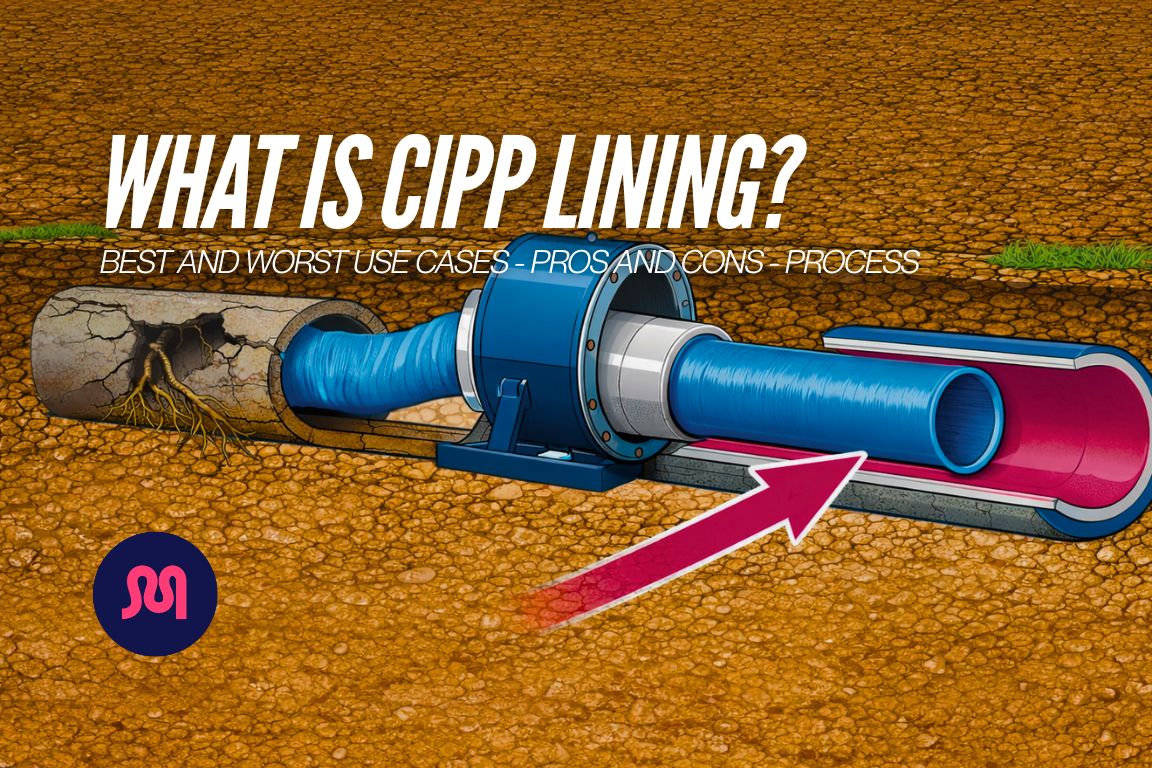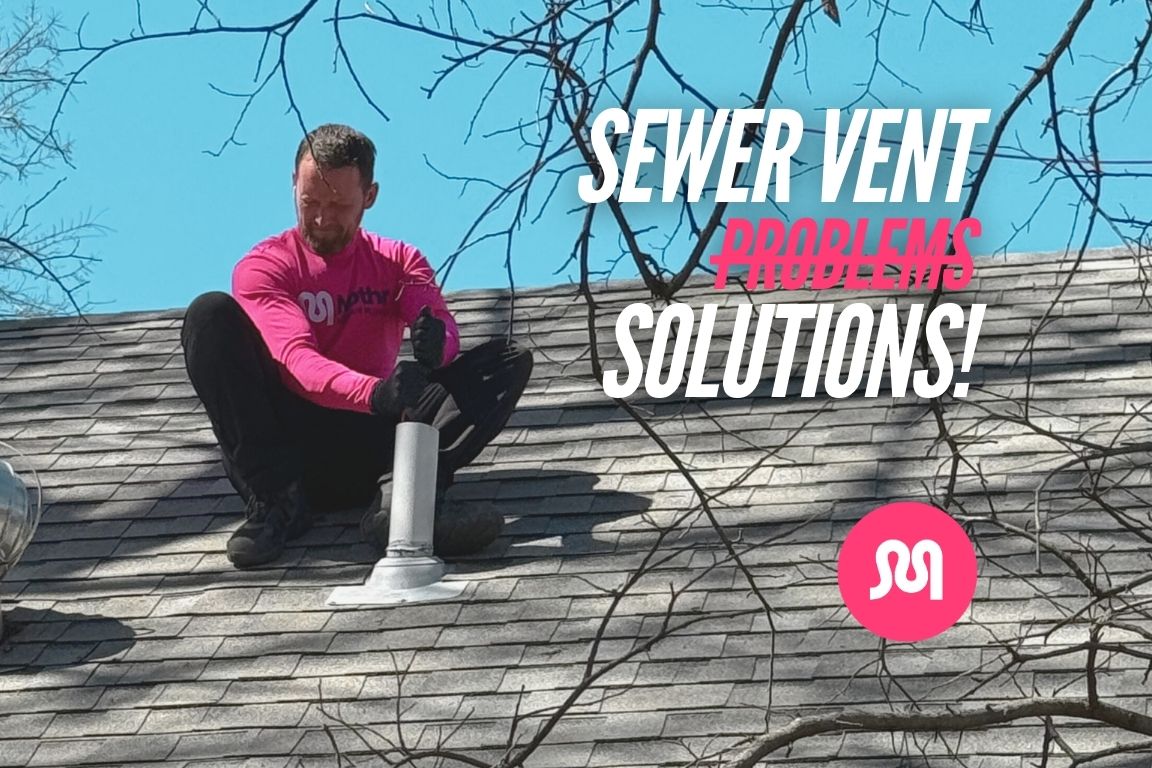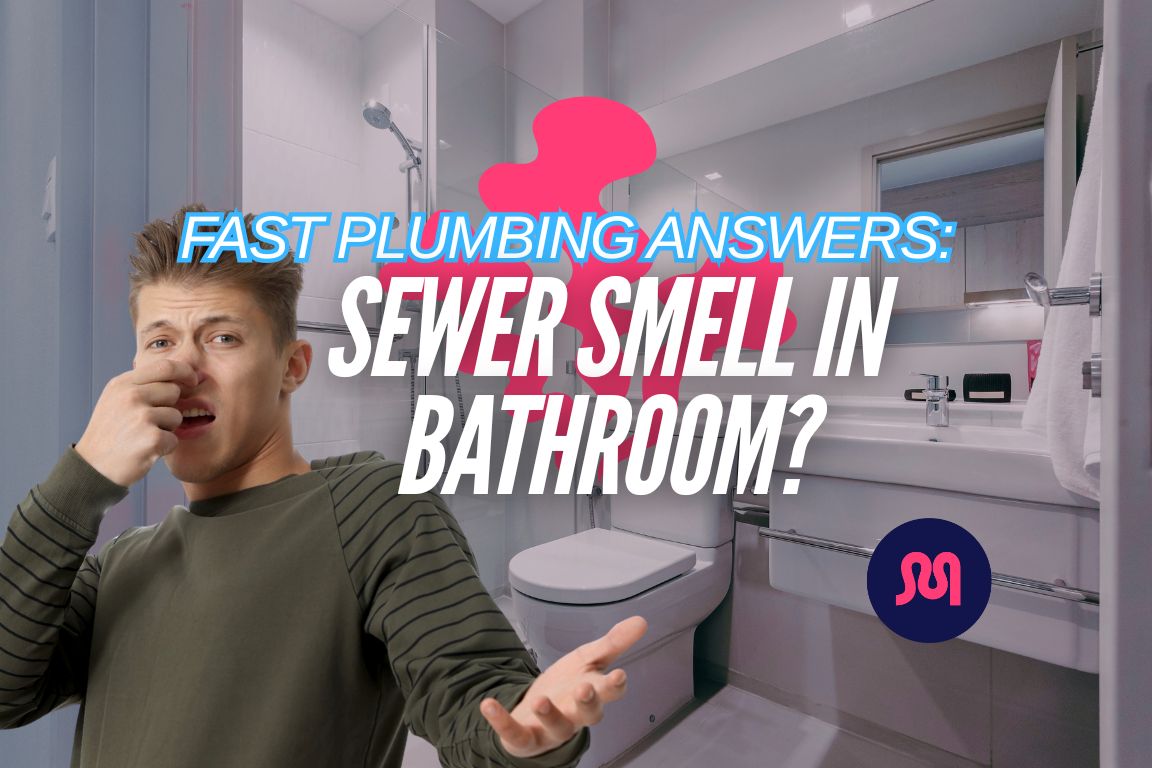Limestone in Water? Let's Protect Your Plumbing

table of contents
table of contents
Limestone in water is generally safe to drink — but it creates a host of problems for your home’s plumbing system, especially in your pipes and plumbing fixtures.
Limescale levels in Dallas-Fort Worth are over 3 times higher than the national soft water standard. This hard water clogs faucets, damages pipes and causes malfunctions in your washing machine, dishwasher and other water-using appliances.
Protect your home’s plumbing with a water softener system. Mother Modern Plumbing works with WQA approved water softener brands like WaterTech to protect your pipes from hard minerals.
{{whole-home-water-softener-installation="/services/whole-home-water-softener-installation"}}
Limestone and Water Quality: The Problem Isn’t Your Health!
Most articles we see about limestone’s effect on water quality lead with the wrong issue. Lime in drinking water isn’t terrible for you — the National Institute of Health (NIH) says “hard water has no known adverse health effect”.
That doesn’t mean that it’s okay to have limestone in your water. It just means most homeowners are focused on the wrong problem.
The real issue: limestone ruins Texas plumbing
It’s crucial to reduce the amount of limestone in your tap water — especially in Texas, where we have the 6th hardest water in America. As water travels past sedimentary rock formations in our region, it pulls minerals into the water supply.
Limescale (calcium carbonate) shows up on our faucets and shower heads as crusty white gunk that blocks our faucet holes. It seems like a minor nuisance that we can clean away with CLR or white vinegar.
But if limescale is doing that to your faucet heads — what is it doing to your pipes?
{{stop-calcium-deposits-in-pipes="/blogs/stop-calcium-deposits-in-pipes"}}
How Limestone in Water Damages Your Plumbing
High concentrations of limescale and hard minerals in your water supply create plumbing issues throughout your home.
KXII reports that Texas’ water hardness is 200 milligrams per liter — over 3 ½ times the recommended average for soft water.
When water enters your home through the main water line, it leaves behind hard mineral deposits as it evaporates. These deposits form along your pipes, in your faucets and plumbing fixtures — and the long-term results aren’t fun.
Limescale restricts water flow to and from your home
Limescale deposits attach to the inner walls of your pipes. As the inner diameter of your pipes shrinks, your home will experience restricted water flow — both into and away from your home.
Mineral deposits in your main water line and fixtures cause reduced water flow into your home. This causes low water pressure in your shower, sinks and appliances.
Limescale that exits your home builds up in your sewer line. This restricts the flow of wastewater away from your home, and may cause sewage backup into your drains.
{{sewer-line-cleanout-dallas-homeowner-guide="/blogs/sewer-line-cleanout-dallas-homeowner-guide"}}
Hard mineral buildup causes pipe corrosion
Metal pipes can corrode with enough exposure to calcium carbonate, magnesium carbonate and other hard minerals.
Sediment corrosion is a leading cause of metal pipe bursts in Dallas-Fort Worth.
Hard water damages your appliances
Internal scaling reduces the lifespan of dishwashers, washing machines and other water-using appliances. Hydrogeologist Carly Peach of Texas Water Utilities says this is a particular problem in Texas due to our water hardness.
“Appliances won’t last quite as long,” she told KXII Texas.
Water Softener Systems: The Best Defense Against Limescale
Leading Texas water quality experts like Carly Peach agree that water softening is an excellent weapon in the fight against hard water scaling.
Remove dissolved minerals before they reach your water pipes, and they can't damage your plumbing — it's that simple.
How water softeners treat limestone in water
Whole home water softener technology is designed to remove dissolved calcium carbonate and magnesium from your water supply.
“It is an ion exchange,” Peach explains. “It… introduces sodium or some sort of potassium into the water and it pulls out the calcium and magnesium.”
Hard water from your main water line enters a mineral tank before reaching your taps. The mineral tank contains resin beads that are charged with sodium ions. Hard mineral ions are attracted to these charged resin beads — so they’re “stuck” in the mineral tank.
The sodium ions replace the hard ions in your water supply. This softened water then passing out of the mineral tank and into your home.
How to choose a water softening system for limescale
Our expert plumbers live and work in the Dallas-Fort Worth Metroplex. Our water is just as hard as yours — so we keep a constant watch on the best water softeners for our area.
We trust brands like WaterTech for their state-of-the-art water softening technology. Their products are certified by the Water Quality Association (WQA), and we test them rigorously in our offices before installation.
Expert DFW Water Softener Installation
While limestone in water isn't awful for your health, it's pretty rough on your appliances, fixtures and pipes. The ionized water treatment technology in water softeners is the best defense against hard water damage to your plumbing.
Mother Modern Plumbing delivers and installs whole home water softeners anywhere in the Dallas-Fort Worth area.
After we install your new water softener, we'll give you a free in-home demonstration of your new system. We back all that work up with a 6-year warranty — the best of its kind in DFW.
{{whole-home-water-softener-installation="/services/whole-home-water-softener-installation"}}




